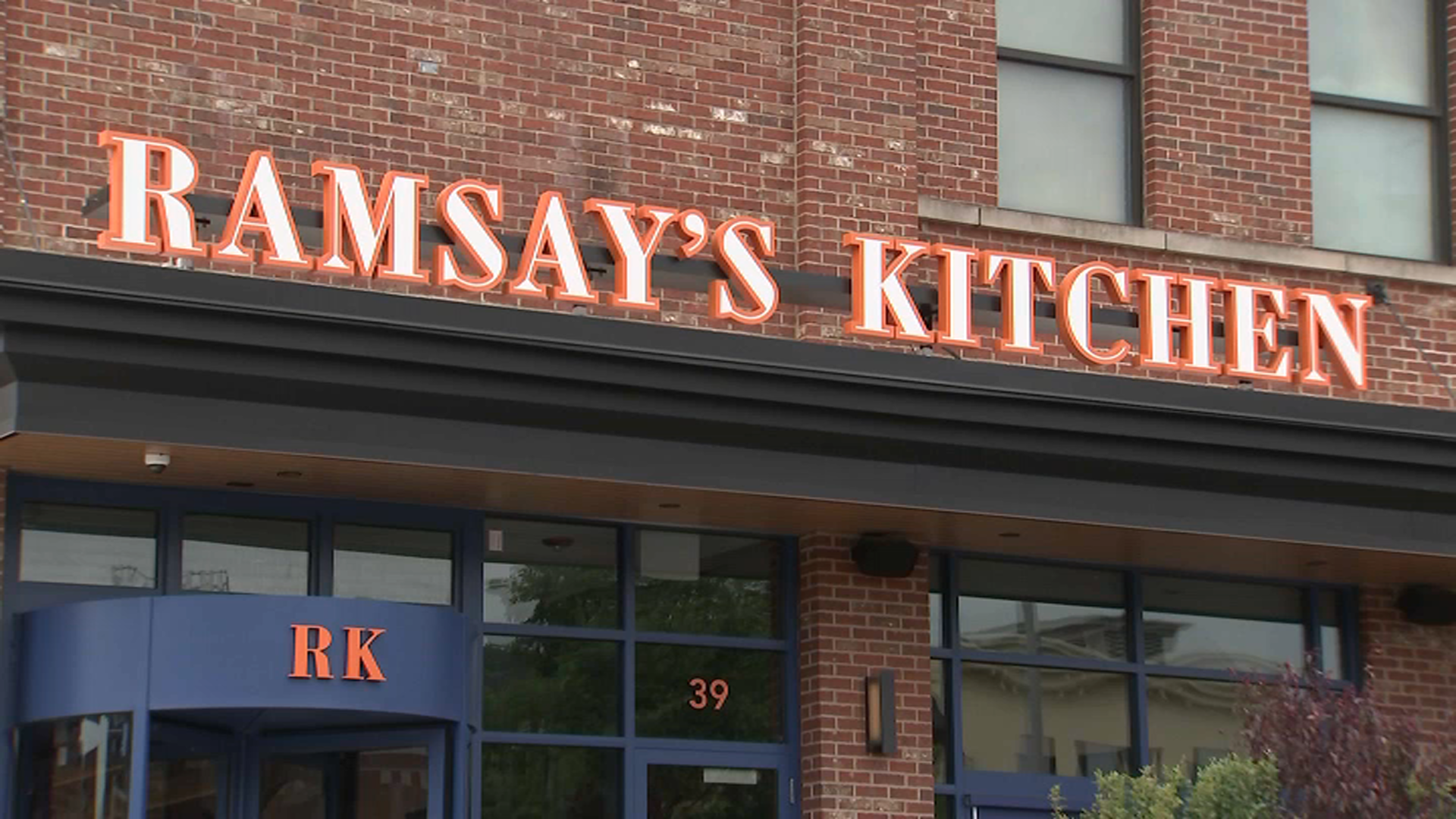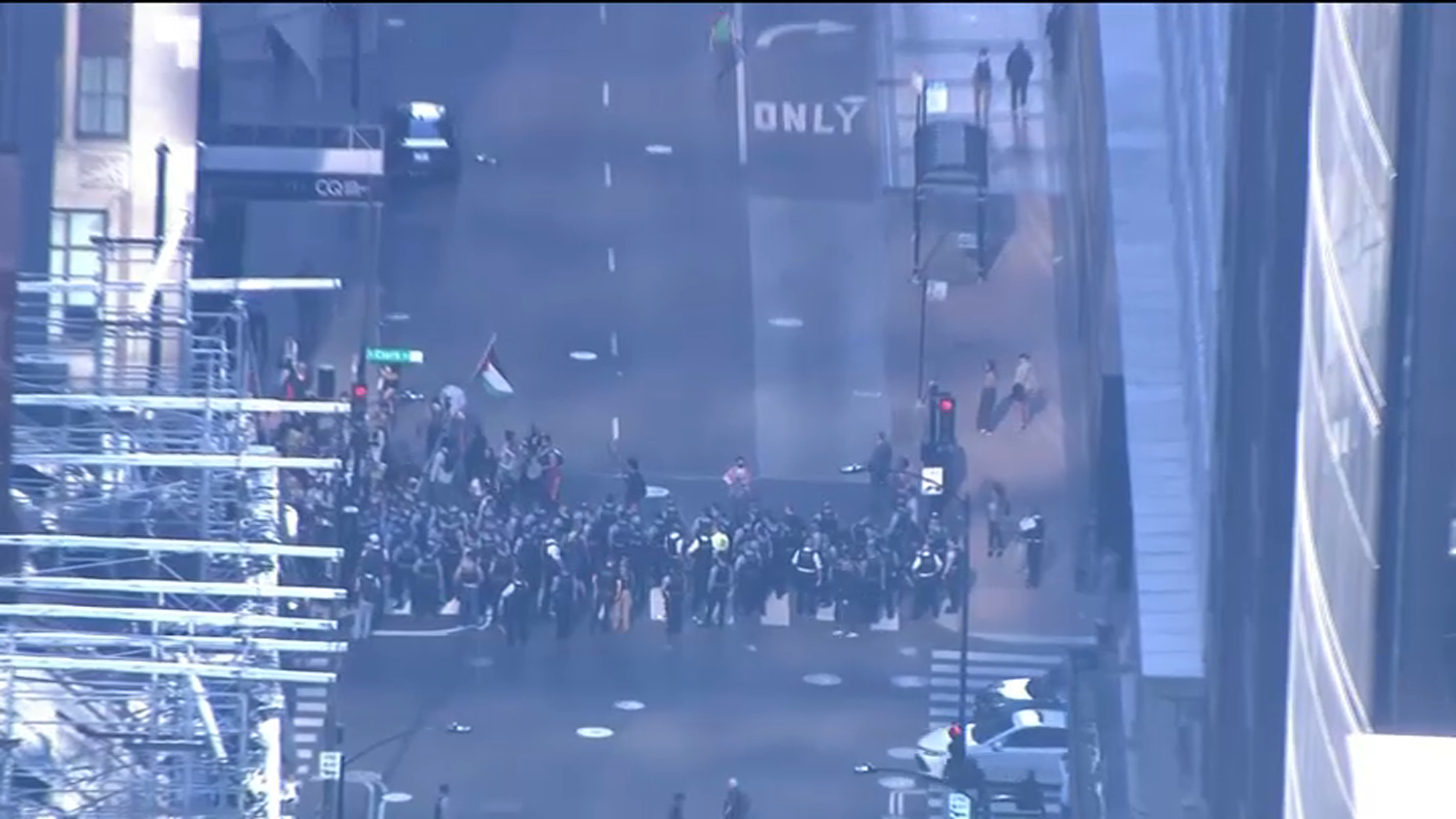The City of Chicago announced a new tool in its efforts to combat the rat population Tuesday.
The Department of Streets and Sanitation will begin to use a fertility-reducing bait called Contrapest, Mayor Rahm Emanuel said in a release.
The bait will be placed near the city's garbage transfer station at S. Lawndale Ave. and W. 34th St. in the Little Village neighborhood on Chicago's Southwest Side.
After feeding on the substance for months, rodents become infertile and unable to breed, according to the city, which will begin testing the method in a pilot program that could soon be expanded to enclosed areas where rats are known to live.
The city will also begin to once again use dry ice to kill rodents, after launching a pilot program in Sept. 2016.
Crews used the dry ice in burrows to suffocate rats from the carbon dioxide in three parks last fall. North Side residents who live near one of the parks said the effort was effective, while the city also claimed positive results.
Officials were planning to expand the program this spring, however, it was on hold pending approval from the Environmental Protection Agency and the Department of Public Health - which the city recently obtained.
Local
Dry ice will now be used in parks across the city as well as along median boxes, the city said.
These new initiatives come several months after the number of rat complaints were found to have jumped by 30 percent across Chicago.
The number of rat complaints increased to 9207 between Nov. 2016 and Feb. 2017 - a major spike from the 7082 complaints recorded over the same period the year before, according the Department of Streets and Sanitation.
Officials said they believe that ramped-up outreach, including a new poster may have contributed to the increase in calls. The flier sports a more realistic photo of a rat, as well as common sense tips to battle “rodent activity” – and a request for residents to report it to 311.
In an effort to combat the growing rodent population, the city said it also added 10 additional rat-fighting crews and the response time dropped from 10 days to five.



